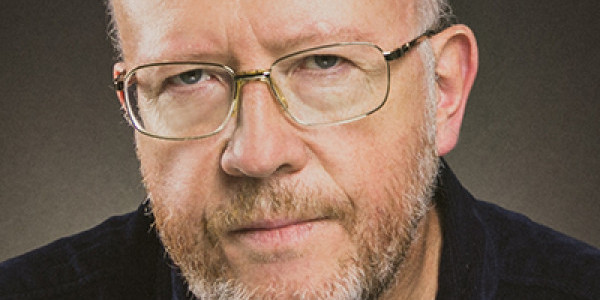2022 Impact Awards—Insight Award winner: Jan Grabowski
01/12/2022 | Na stronie od 11/12/2022

Source:Social Sciences and Humanities Reserches Council
A leading scholar of the Holocaust, Jan Grabowski, professor in the Department of History at the University of Ottawa, has dedicated his 30-year career to the history of the Holocaust in Poland, and, in particular, to studying the fate of the Jews following the liquidations of the urban ghettos, which began in 1942. It is what happened to the Jews who went into hiding in the countryside that is at the core of his research. Their survival depended to a large extent on the response of the rural non-Jewish population—whether they would offer the Jews refuge or be complicit in their deaths.
Through analysis of historical evidence that he discovered buried in the Polish archives for over 70 years, Grabowski challenges the dominant Polish state view that Poles did not participate institutionally and systematically in the murder of Jews. His Hunt for the Jews: Betrayal and Murder in German-occupied Poland, the book resulting from one of his SSHRC grants, is considered a milestone in Holocaust studies.
Grabowski’s research is critical to our understanding of the multifaceted nature of the Holocaust—that it was not limited to extermination camps and ghettos but was communal—and to refuting increasing Holocaust distortion.
“My research has helped us to understand that the German genocidal plan of the annihilation of European Jews found many willing ‘bystanders.’ Large numbers of enablers and participants among the Polish population—auxiliary police officers, voluntary firefighters or simply crowds of local people—took part in killing their former neighbours, appropriating their property, or reporting the fleeing and hidden Jews to the authorities,” says Grabowski.
“One of my most important contributions has been to offer statistical data (based on my series of microhistorical studies), which presented a quantitative analysis of Jewish survival strategies and their feeble success rates.”
Grabowski acknowledges the essential role SSHRC support has played in his research career.
“The funds provided by SSHRC have enabled me to explore the archives in Israel, Germany, France and Poland, and to hire and train graduate students who conducted research in the various archives and subsequently presented conference papers based on their archival findings. I also have been able to hire and train fourth-year undergraduate students, who honed their research skills working in Canada on the data accumulated in the European and Israeli archives.”
He adds that working with students is one of the most gratifying aspects of his work as a historian.
“SSHRC funding has enabled me to form close research links and conduct joint research projects with scholars at the primary Holocaust research centres in Europe and Israel. These international projects resulted in the publication of books considered crucial for our knowledge of the period. And without the assistance of SSHRC, it would have been impossible for me to edit several diaries of Jewish Holocaust survivors.”
For Grabowski, the SSHRC Impact Award means recognition from his peers—not only from historians, but also from scholars from other areas of the humanities and social sciences.
“Winning the Impact Award has a very special meaning for me, as an immigrant, as someone who arrived in Canada nearly 35 years ago from Poland, with a deep desire to make a valuable contribution to the society that has treated me with generosity and allowed me to prosper.”
About the award
The annual Impact Awards recognize the highest achievements in SSHRC-funded research, knowledge mobilization and scholarship, as well as the highest achievements resulting from a SSHRC fellowship awarded.
SSHRC’s Insight Award recognizes outstanding achievement by an individual or team whose project has made a significant contribution to knowledge and understanding about people, societies and the world.